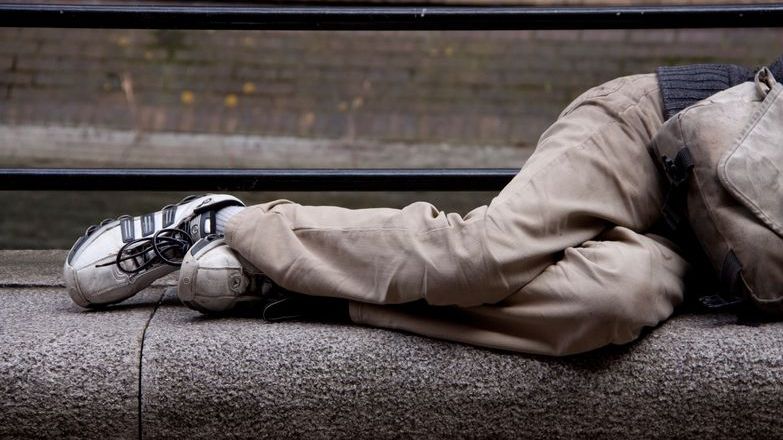
Homelessness on the rise
Recent statistics underscore the critical need for this inquiry. In 2021, Shelter estimated that 274,000 people were homeless in England, with 2,688 of those rough sleeping. In 2023–2024, the number of households facing homelessness in England is the highest on record, with more than 320,000 households experiencing homelessness.
Economic challenges impacting housing targets
The UK continues to face significant economic challenges that impact housing delivery. In 2022-23, approximately 235,000 net additional dwellings were built, falling 65,000 short of the previous government’s annual target of 300,000 new homes.
The UK Government has pledged to reform the planning system, reinstate compulsory local housing targets, and deliver 1.5 million new homes. However, persistent economic pressures—including inflation, a constrained labour market, and shortages in construction materials—present significant obstacles to achieving these ambitious goals.
Homelessness programmes failing to deliver value for money
National Audit Office (NAO) findings show that statutory homelessness has worsened since the Homelessness Reduction Act (HRA) came into force in April 2018. A report, published on 23 July 2024, is highly critical of the previous Conservative UK Government for a lack of strategy, fragmented funding, and failure to address issues with housing supply.
The role of the private rented sector
Research undertaken by the Local Government Association shows that more than one million properties across England in 2022 were unoccupied (4.01 per cent of all dwellings), an increase of nearly 60,000 homes since 2018.
This means that the private rented sector (PRS) in part is uniquely positioned to alleviate some of the pressures on housing supply that contribute to rough sleeping. However, the sector must be supported with clear policies and incentives to encourage landlords to offer long-term, affordable housing solutions.
Propertymark continues to encourage the UK Government to consider measures such as tax relief for landlords who house individuals transitioning from homelessness, as well as funding for rent guarantee schemes that reduce the risks associated with letting to vulnerable tenants.
Extra £50 million support for those at risk of eviction
The UK Government is providing Councils with further funding to protect thousands of vulnerable people pay rent arrears or secure new accommodation.
The effects of the Renters’ Rights Bill
The Bill, whilst aiming to improve tenant protections, poses significant risks to the housing market that could inadvertently exacerbate homelessness. Propertymark supports measures that ensure fairness and safety for renters and is concerned that over-regulation may discourage private landlords from maintaining or entering the rental market.
With supply already struggling to meet demand, further reduction in available properties could lead to increased competition, driving up rents and leaving vulnerable individuals without affordable options. To prevent a surge in homelessness, the UK Government must strike a balance, between tenant rights and the sustainability of the rental market, ensuring policies encourage investment while protecting tenants.
Cross-sector collaboration
Propertymark advocates for stronger collaboration between local authorities, housing associations, and the private sector to address the root causes of homelessness, creating more effective support networks, and ensuring that individuals experiencing rough sleeping have access to wraparound services.





